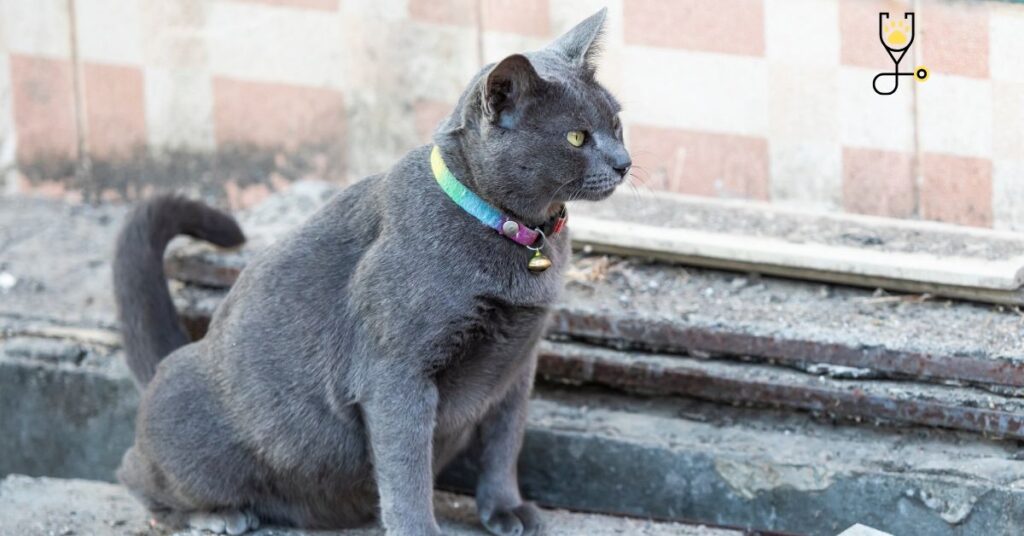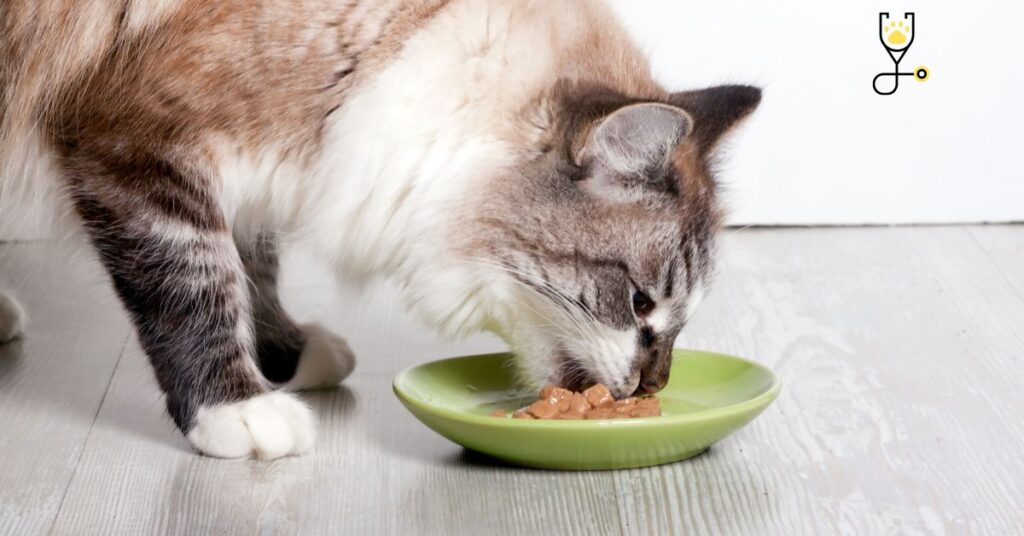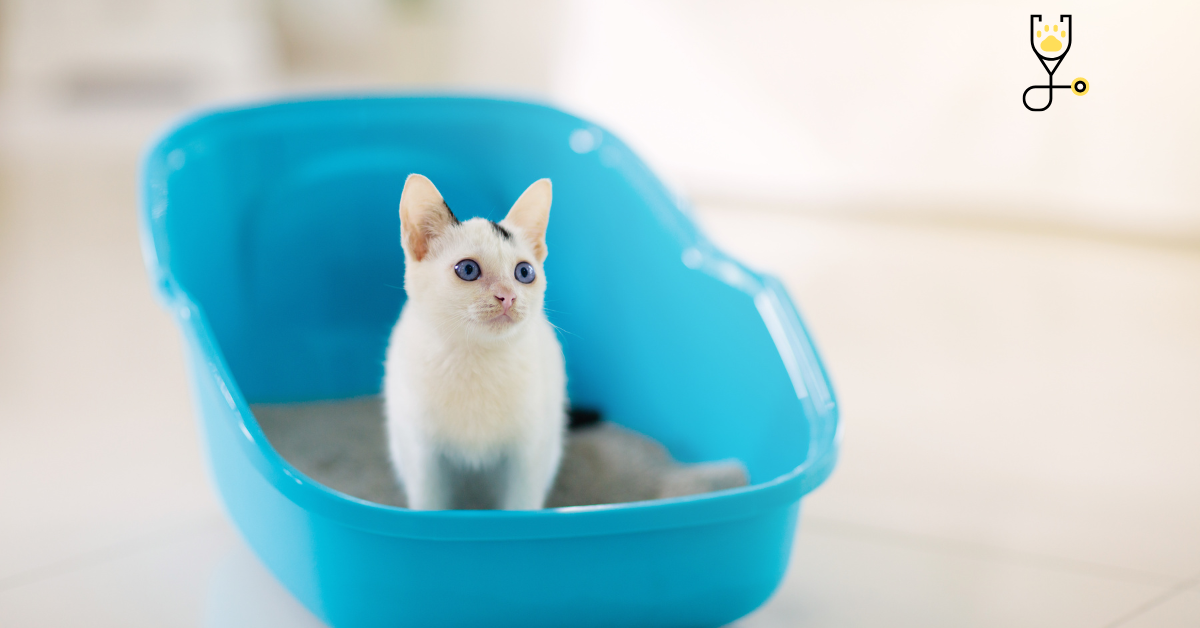Did you know that up to 10% of all cats experience constipation at some point in their lives? If your cat is one of them, it can be frustrating and scary trying to find the right treatment. In this blog post, we’ll discuss what causes constipation in cats, the symptoms you should look out for, and how to treat it. So read on to learn more!
What is constipation?
Constipation is defined as infrequent or difficult defecation. It can be caused by a variety of things, including dehydration, lack of exercise, a change in diet, or an obstruction in the intestines. Cats are particularly prone to constipation because of their small intestines and lack of dietary fiber.
What causes constipation in cats?
There are many possible causes of constipation in cats, but the most common include:
-Dehydration: This is one of the most common causes of constipation in cats. If your cat isn’t drinking enough water, its stools will become hard and dry, making it difficult to pass them.
-Lack of exercise: A sedentary lifestyle can lead to constipation, so make sure your cat is getting enough exercise.
-A change in diet: A new food, or even a change in the type of food you’re feeding your cat, can cause constipation. Cats are creatures of habit, so any changes in their diet should be made slowly and gradually to avoid digestive problems.
-An obstruction in the intestines: This can be caused by a variety of things, including tumors, foreign bodies, or hairballs. If an obstruction is present, it will need to be removed surgically.
-Certain medications: Some medications, such as painkillers, can cause constipation. If your cat is taking any medication, talk to your veterinarian about the possibility of constipation.
What are the symptoms of constipation in cats?

1. Straining to defecate: If your cat is straining to defecate, it may be constipated.
2. Hard, dry stools: If your cat’s stools are hard and dry, it’s a sign that it’s constipated.
3. Infrequent defecation: If your cat is going less often than usual, it may be constipated.
4. Blood in the stool: If you see blood in your cat’s stool, it’s a sign that something is wrong and you should take them to the vet immediately.
5. Bloating: If your cat’s stomach appears bloated or distended, it may be constipated.
6. Loss of appetite: If your cat is refusing to eat, it may be constipated.
7. lethargy: If your cat is more tired than usual and not interested in playing or being active, it may be constipated.
Preventing constipation in cats
The best way to prevent constipation is to keep your cat hydrated and make sure they’re getting enough exercise. You should also slowly transition them to any new food or changes in their diet. If your cat is on any medication, talk to your vet about the possibility of constipation.
How is constipation treated in cats?
The treatment for constipation will depend on the underlying cause. If your cat is constipated due to dehydration, the first step is to get them to drink more water. This can be done by adding water to their food or offering them wet food instead of dry food. If your cat is constipated due to a lack of exercise, make sure they are getting enough opportunities to run and play. If the constipation is due to a change in diet, slowly transition them back to their old food or try a new food that is easier to digest. If an obstruction is present, it will need to be removed surgically. And if your cat is constipated due to medication, talk to your veterinarian about changing the dosage or switching to a different medication.
Home remedies used to treat constipation
These include:
-Adding fiber to the diet: This can be done by adding canned pumpkin or psyllium husk to your cat’s food.
-Giving a stool softener: Stool softeners can help make it easier for your cat to pass stools. Talk to your veterinarian about which stool softener is right for your cat.

-Giving a laxative: Laxatives can help stimulate bowel movements. However, they should only be used as directed by your veterinarian.
-Massaging the abdomen: Gently massaging your cat’s abdomen can help stimulate bowel movements.
-Giving enemas: Enemas can help loosen and expel hard stools. However, they should only be used as directed by your veterinarian.
When to see the vet
If your cat is constipated and you’re not sure how to treat it, or if constipation doesn’t seem to be improving, it’s time to see the vet. They will be able to determine the underlying cause of constipation and recommend the best course of treatment.
Prognosis
The prognosis for cats with constipation is good. With treatment, most cats will be able to have normal bowel movements again. However, if constipation is left untreated, it can lead to more serious health problems such as intestinal blockages or megacolon (enlargement of the colon). If you think your cat may be constipated, see your veterinarian as soon as possible.
Conclusion
Constipation is a common problem in cats, but it is usually easily treatable. The best way to prevent constipation is to keep your cat hydrated and make sure they’re getting enough exercise. If your cat does become constipated, there are several home remedies that can help, but if constipation doesn’t seem to be improving, it’s time to see the vet. With treatment, most cats will be able to have normal bowel movements again.
FAQ’S
1. My cat is constipated, what should I do?
If your cat is constipated, the first step is to contact your veterinarian. They will be able to determine the underlying cause of constipation and recommend the best course of treatment.
2. What are some home remedies for constipation in cats?
Home remedies for constipation include adding fiber to the diet, giving a stool softener, massaging the abdomen, and giving an enema.
3. Can constipation be prevented?
The best way to prevent constipation is to keep your cat hydrated and make sure they’re getting enough exercise. You should also slowly transition them to any new food or changes in their diet. If your cat is on any medication, talk to your veterinarian about the possibility of changing the dosage or switching to a different medication.
4. What are the consequences of leaving constipation untreated?
If constipation is left untreated, it can lead to more serious health problems such as intestinal blockages or megacolon (enlargement of the colon). If you think your cat may be constipated, see your veterinarian as soon as possible.
5. What is the prognosis for cats with constipation?
The prognosis for cats with constipation is good. With treatment, most cats will be able to have normal bowel movements again. However, if constipation is left untreated, it can lead to more serious health problems such as intestinal blockages or megacolon (enlargement of the colon). If you think your cat may be constipated, see your veterinarian as soon as possible.
It’s important to keep an eye on your cat’s bathroom habits and make sure they’re going regularly. If you think your cat may be constipated, contact your veterinarian right away. With treatment, most cats will be able to have normal bowel movements again.







